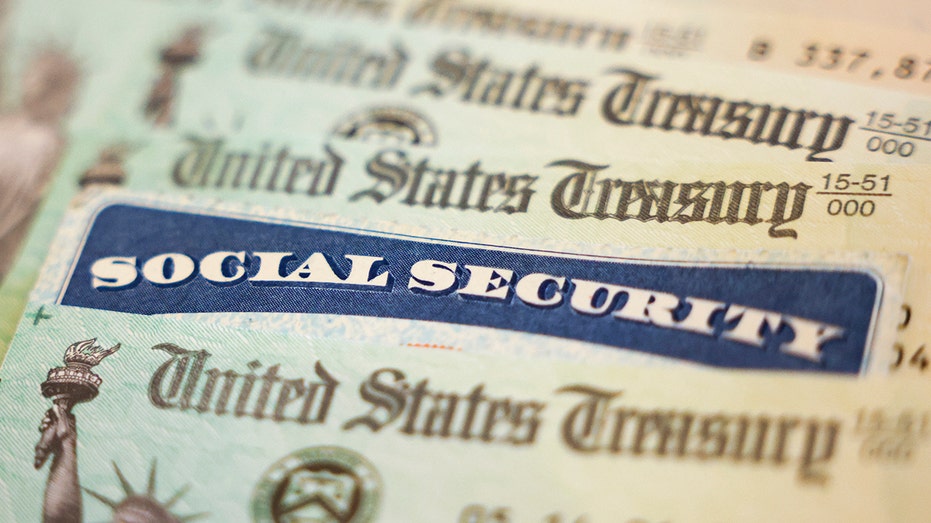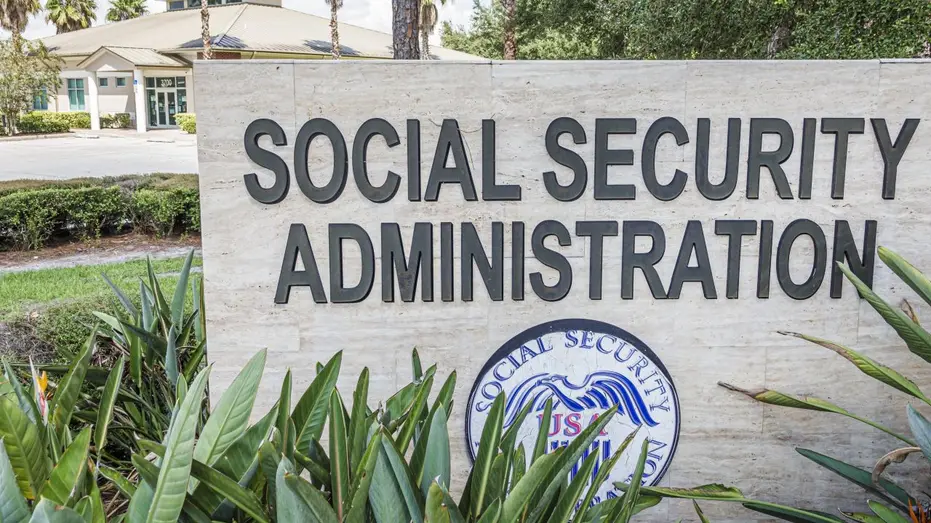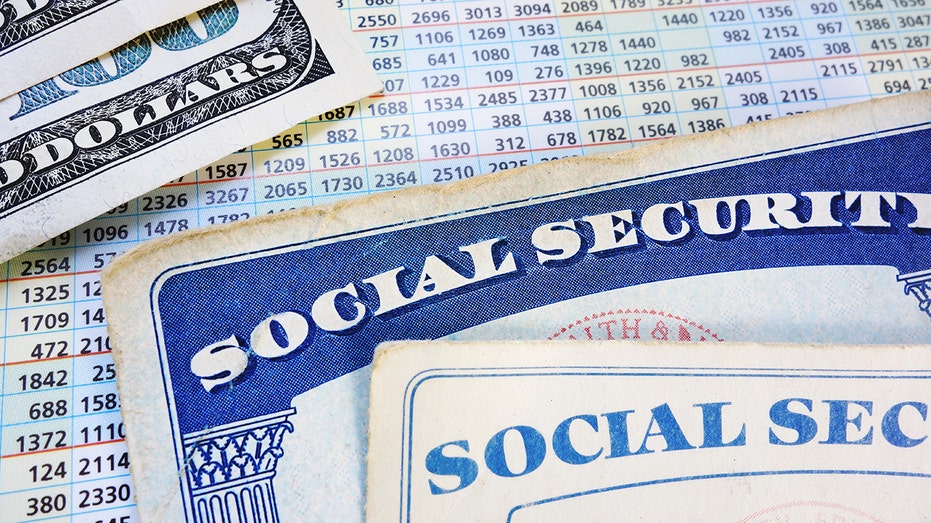Ramsey Solutions personality Jade Warshaw breaks down how to get the most out of your Social Security check and more on The Bottom Line.
Some Americans will receive two Social Security payments in November due to a quirk in the system that results in a second monthly payment on rare occasions.
Typically, the Social Security Administration (SSA) sends out one payment each week, delivering Social Security checks on the second, third and fourth Wednesdays of each month. Then it pays Supplemental Social Security Income (SSI) – which provides support for disabled people and older Americans with low incomes – on the first of the month unless it falls on a weekend or holiday.
Because Dec. 1 falls on a Sunday, SSI recipients will receive two payments in the month of November. The first check will arrive on Friday, Nov. 1, while the second check will come on Friday, Nov. 29.
Roughly 7.4 million Americans collect SSI benefits. The back-to-back deposits do not mean retirees are receiving extra money – it’s just an early payment for the following month.
SOCIAL SECURITY COST-OF-LIVING ADJUSTMENT WILL BE 2.5% IN 2024, LESS THAN PRIOR YEAR
Some Social Security recipients will get an extra check in November due to the calendar quirk. ((Photo illustration by Kevin Dietsch/Getty Images) / Getty Images)
Social Security recipients recently learned the size of the cost-of-living adjustment (COLA) they will receive for 2025, which will be smaller than this year’s.
The Social Security COLA for 2025 will be 2.5%, which is the smallest since 2021. That means Social Security retirement benefits will, on average, increase by roughly $50 per month starting in January, the SSA said earlier this month.
TRUMP PROMISES TO HALT TAXES ON SOCIAL SECURITY; CITES ‘INFLATION NIGHTMARE’ FOR SENIORS
The Social Security Administration’s schedule shows SSI payments will be disbursed on Nov. 1 and Nov. 29. (Photo by: Jeffrey Greenberg/Education Images/Universal Images Group via Getty Images / Getty Images)
“Social Security benefits and SSI payments will increase in 2025, helping tens of millions of people keep up with expenses even as inflation has started to cool,” said Social Security Commissioner Martin O’Malley.
Next year’s 2.5% COLA is less than the 3.2% adjustment that Social Security beneficiaries received in 2024, but would be roughly in line with the historical norm, as it’s averaged 2.6% over the last 20 years.
SOCIAL SECURITY CRISIS: BENEFICIARIES FACE 21% BENEFIT CUT WITHOUT REFORMS, SAYS CRFB
Social Security recipients will receive a 2.5% COLA next year, raising average benefits by about $50 a month. (iStock / iStock)
Inflation has cooled over the past year, which reduced the size of the COLA as the pace of price growth slowed.
“This adjustment means older Americans will receive needed relief to help better afford essential items from groceries to gas,” AARP CEO Jo Ann Jenkins said in a statement. “Inflation took a financial toll this past year, particularly on retirees, who often rely on Social Security as a key source of income. Even with this adjustment, we know many older Americans who rely on Social Security may find it hard to pay their bills.”
GET FOX BUSINESS ON THE GO BY CLICKING HERE
Beneficiaries saw an 8.7% increase in 2023, which was the largest since the early 1980s, due to surging inflation that had peaked at a 40-year high of 9.1% in June 2022.

 Blog Post1 week ago
Blog Post1 week ago
 Economics1 week ago
Economics1 week ago
 Finance1 week ago
Finance1 week ago
 Personal Finance1 week ago
Personal Finance1 week ago
 Accounting1 week ago
Accounting1 week ago
 Economics1 week ago
Economics1 week ago
 Personal Finance6 days ago
Personal Finance6 days ago
 Personal Finance1 week ago
Personal Finance1 week ago












